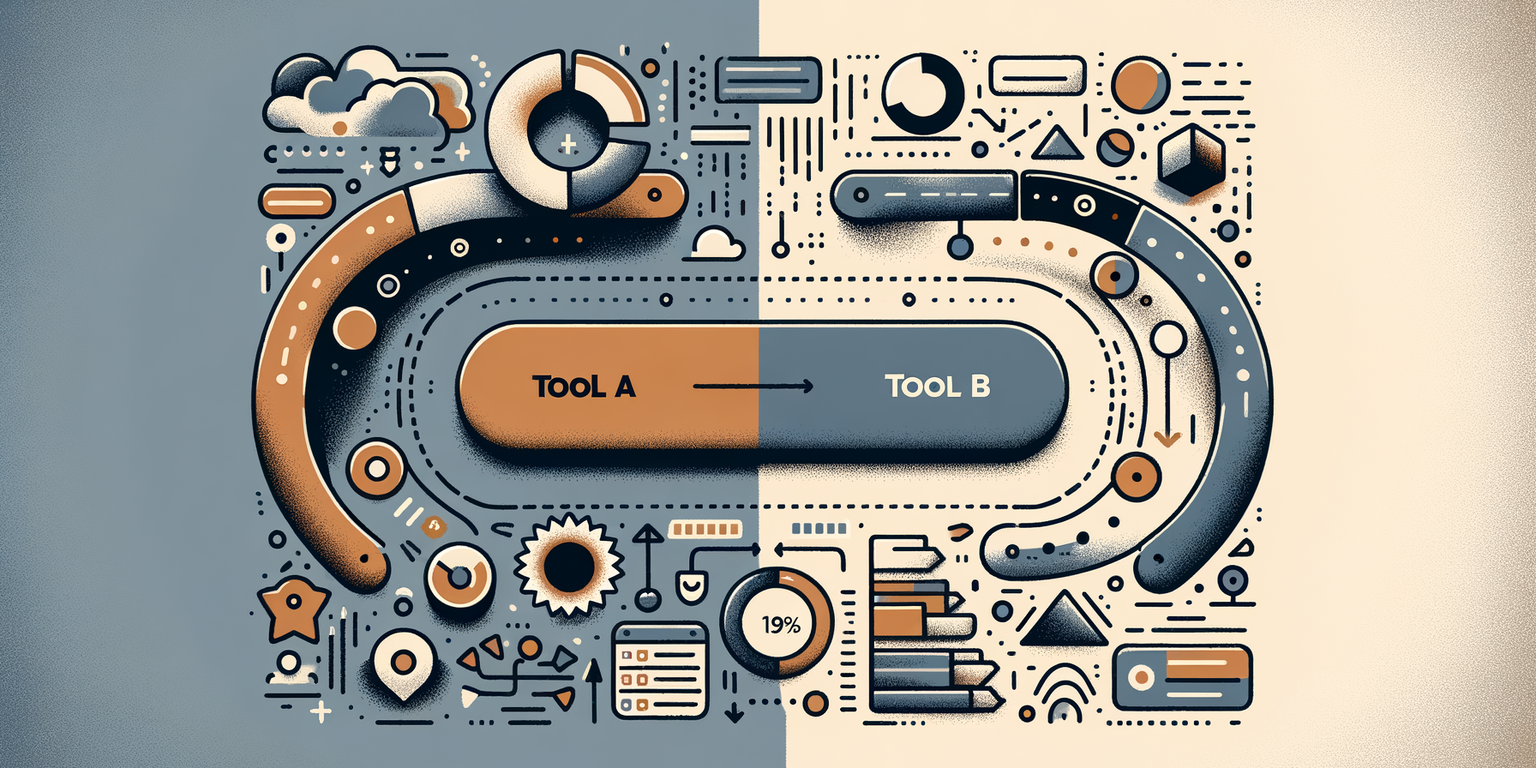Attio vs Hubspot


Attio vs Hubspot
In the ever-evolving landscape of Customer Relationship Management (CRM) platforms, businesses are constantly seeking the best tools to manage their customer interactions and streamline operations. Two prominent players in this field are Attio and Hubspot. Both offer unique features and capabilities, catering to different business needs and preferences. This article delves into the intricacies of these two CRM platforms, comparing their strengths, weaknesses, and overall offerings to help you make an informed decision.
- Introduction
- What is Attio
- What is Hubspot
- How Attio compares to Hubspot
- Strengths & Weaknesses
- Conclusion
Introduction
Customer Relationship Management (CRM) systems have become indispensable tools for businesses aiming to enhance their customer interactions and drive growth. These platforms serve as centralized hubs for managing customer data, automating tasks, and providing insights that can lead to more informed decision-making. Attio and Hubspot are two such CRM platforms that have carved out their niches in this competitive market.
Attio is known for its innovative approach to CRM, leveraging modern technology to offer a streamlined and user-friendly experience. On the other hand, Hubspot has established itself as a comprehensive platform that integrates marketing, sales, and service functionalities. While both platforms aim to improve customer relationship management, they differ significantly in their approach, features, and target audiences.
What is Attio
Attio is a relatively new entrant in the CRM space, known for its modern and intuitive design. Founded with the goal of simplifying customer relationship management, Attio focuses on providing a seamless user experience. The platform is designed to be easy to use, making it accessible to businesses of all sizes, from startups to larger enterprises.
One of Attio's standout features is its emphasis on customization. Users can tailor the CRM to fit their specific workflows, ensuring that the platform adapts to their business needs rather than the other way around. This flexibility is complemented by Attio's use of AI, which helps automate routine tasks and provides actionable insights to users.
Attio primarily serves tech-savvy businesses that value innovation and efficiency. Its user-friendly interface and AI-powered capabilities make it an attractive option for companies looking to modernize their CRM processes without the complexity often associated with traditional platforms.
What is Hubspot
Hubspot is a well-established CRM platform known for its comprehensive suite of tools that cater to marketing, sales, and customer service needs. Founded in 2006, Hubspot has grown to become a leader in the CRM industry, offering a wide range of features designed to enhance customer engagement and drive business growth.
Feature Description Marketing Hub Offers tools for email marketing, social media management, and lead generation. Sales Hub Includes features for pipeline management, email tracking, and sales automation. Service Hub Provides customer support tools such as ticketing and feedback surveys. Integration Seamlessly integrates with various third-party applications and services.
Hubspot's strength lies in its ability to offer an all-in-one solution that covers the entire customer journey. Its platform is designed to be user-friendly, with a focus on providing value to small and medium-sized businesses. Hubspot's extensive integration capabilities also make it a versatile choice for companies looking to connect their CRM with other business tools.
How Attio compares to Hubspot
When comparing Attio and Hubspot, several key differences emerge. Attio is known for its modern, minimalist design and focus on customization, making it ideal for businesses that prioritize flexibility and ease of use. Its AI-powered features help automate tasks and provide insights, allowing users to focus on building relationships rather than managing data.
In contrast, Hubspot offers a more comprehensive suite of tools that cater to various aspects of customer relationship management. Its platform is designed to integrate marketing, sales, and service functions, providing a holistic view of the customer journey. While Hubspot's extensive features can be advantageous, they may also present a steeper learning curve for new users.
Ultimately, the choice between Attio and Hubspot depends on a company's specific needs and preferences. Businesses seeking a streamlined, customizable CRM experience may find Attio to be the better fit, while those looking for a comprehensive, all-in-one solution may prefer Hubspot.
Strengths & Weaknesses
Understanding the strengths and weaknesses of each platform can help businesses make an informed decision when choosing a CRM.
Aspect Attio Hubspot Strengths Modern design, customizable, AI-powered automation Comprehensive suite, integration capabilities, user-friendly Weaknesses Limited features compared to comprehensive platforms Steeper learning curve, potentially overwhelming for new users
Both Attio and Hubspot have their unique advantages and challenges. Attio's strength lies in its simplicity and adaptability, while Hubspot excels in offering a wide range of integrated tools. However, Attio may lack some of the advanced features found in more established platforms, and Hubspot's extensive offerings can be daunting for those new to CRM systems.
Conclusion
In the realm of CRM platforms, Attio and Hubspot each offer distinct advantages that cater to different business needs. Attio stands out with its modern design, customization options, and AI-driven automation, making it a compelling choice for businesses seeking a flexible and user-friendly CRM solution. On the other hand, Hubspot provides a comprehensive suite of tools that integrate marketing, sales, and service functions, offering a holistic approach to customer relationship management.
Ultimately, the decision between Attio and Hubspot depends on the specific requirements and preferences of a business. Companies looking for a streamlined, customizable experience may find Attio to be the ideal fit, while those seeking an all-encompassing platform with extensive integration capabilities may prefer Hubspot. By understanding the strengths and weaknesses of each platform, businesses can make an informed choice that aligns with their goals and enhances their customer relationship management efforts.
Get our newsletter
Subscribe for weekly essays on GTM, RevTech, and Clarify’s latest updates.
Thanks for subscribing! We'll send only our best stuff. Your information will not be shared and you can unsubscribe at any time.